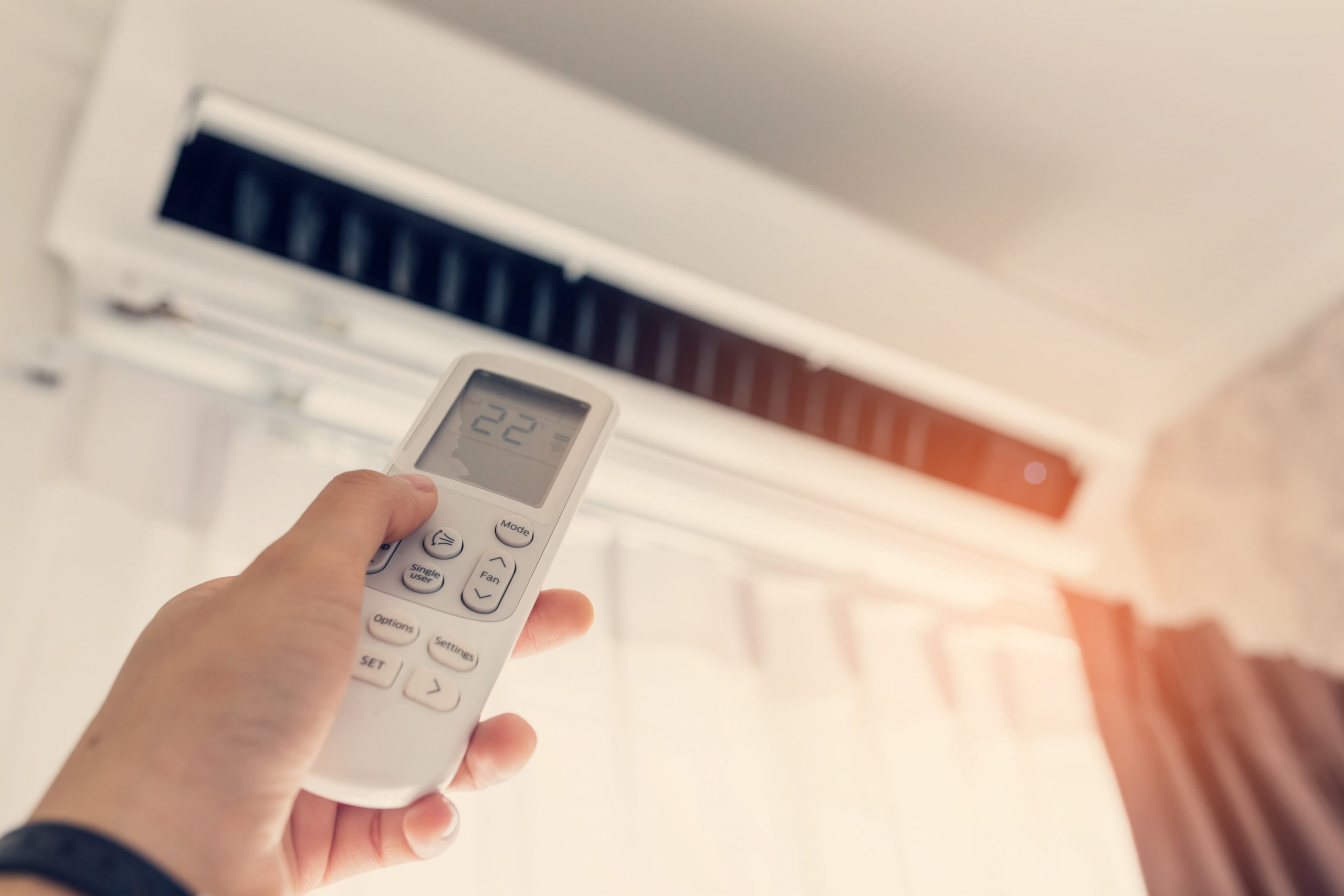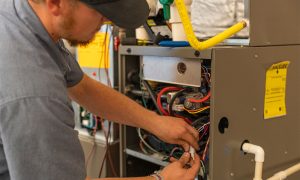
When investing in a new AC, it is essential to ensure you cover all the factors. This includes energy efficiency, capacity, air filtration, cooling speed, price, installation, and maintenance. There are many types of ACs to choose from in the market, and getting the right fit for your home will ensure optimal performance and cost-effectiveness. Consider the pros and cons of choosing between central air conditioning, mini-split systems, and window units.
Let us look at the top five tips you should apply when choosing an energy-efficient AC.
- SEER Rating
SEER stands for seasonal energy efficiency rating. This is a measure of a unit’s energy efficiency measured in British Thermal Units (BTUs). The higher the rating, the greater efficiency you will enjoy with your unit. You can find both central and room ACs that are SEER rated.
- Energy Star Certification
This certification is granted to units that have met or exceeded higher efficiency standards than comparable models by the U.S. Department of Energy. This means that the AC uses less energy to deliver the same results as its competitors. Be on the lookout for units that have the blue energy star certification. This certification is the highest level but also tends to come at a premium price. However, they are also more durable and still have good value for money.
- Size of Unit
It is vital to ensure the AC you choose has the correct cooling capacity for the size of your living space. BTUs are a unit of measurement that indicates an AC’s ability to remove heat from a room. It determines how big of an area an AC can cool. The higher the BTU on an energy-efficient AC, the larger the space it can keep cool.
If the AC is too small, it will work hard without thoroughly cooling a space. If too big, it will cool the room too fast, thus causing the dehumidification process to slow.
It can be challenging to find the right match, hence advisable that you consult with a qualified HVAC technician who can help you determine what cooling capacity would be best for the size of your living space. They can perform a more accurate size calculation and proper installation, so your AC runs optimally.
- Programmable Thermostats
Even more basic models of energy-efficient ACs are now programmable. The digital displays make it easy to adjust settings the way you want. To ensure energy savings, remember to set a higher temperature for the hours of the day when you are not home and a lower temp for when there are occupants. Better yet, get a system that is Wi-Fi enabled. It is a smart option that will allow you to easily monitor your thermostat even when you are away from home and make adjustments that can create some energy savings.
- Energy Saving Mode
The most energy-efficient ACs come with an energy-saving mode. This setting works by turning off the fan and compressor whenever the desired temperature you set in a room is achieved. It is another feature that delivers more energy savings.








